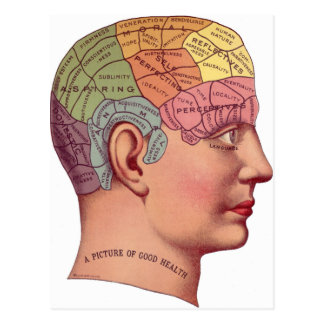 Chris Mooney at Mother Jones:
Chris Mooney at Mother Jones:___
Sleep more. Science still has a lot to learn about how sleep deprivation affects us. But the research is starting to look pretty grave, especially in light of new studies ([Maria] Konnikova has written about them here) suggesting that a crucial function of sleep is to purge the brain of biochemical waste products that are the result of conscious brain activity. This means that not sleeping enough could be contributing to the buildup of harmful proteins like beta-amyloids, which could in turn predispose us to neurodegenerative diseases like Alzheimer's.
Stop being an internet junkie. You've probably wondered what the internet is doing to your brain. And especially if you can actually remember the era before the internet's existence, you've probably noticed how the widespread availability of things like email has changed you. It might even have made you into a kind of addict, habituated to constant switching from task, to task, to task: Facebooking, tweeting, emailing, reading…and whatever else arises.
Using the internet in this frenetic way is just bad for us, says Konnikova.
Put a check on your multitasking. Our problems with using the internet productively are just a subset of a broader problem: multitasking. We have a culture that encourages it, even though it forces us to use our brains suboptimally (at best). "How many job descriptions have you seen where it says, 'Good at multitasking,' or, 'We need someone who's a good multitasker'?" asks Konnikova. "It's just this mindset that this is a very very good thing."
It isn't. Konnikova wrote recently about how open offices, which are widespread, distract us and leave us stressed out and less productive. It's because they thwart our ability to focus; the space itself is structured for multitasking and a lot of distractions and interruptions.
Practice mindfulness. But there's also a broader solution. It's called mindfulness, and it's outlined in detail in Konnikova's bestselling book Mastermind: How to Think Like Sherlock Holmes.
So how do you think like Sherlock Holmes? Konnikova says you need to mimic the detective in his armchair: Take 10 to 15 minutes each day, set them aside, and designate them as your time for not doing anything. "All you really need to do, for instance, is sit in your chair in your office, and close your eyes for 10 minutes, and focus on your breath, just on the ins and outs of your breath," says Konnikova. "And that's it."
___
The entire post can be read here.
No comments:
Post a Comment